Home /
About us
History:
Agromethane Hellas S.A. was founded in January 2022 with the main objective of continuing the activities of Sustainable Engineering Ltd. in the field of Biogas production and expanding them to the production and distribution of Biomethane.
With the accumulated experience in the organization, construction, operation and management of biogas power plants acquired in the decade 2010-2020, Agromethane Greece is expanding the scope of its activities in the production of Biomethane (renewable natural gas) as a final product, thus diversifying the methodologies production (gasification and methanation are added to anaerobic digestion) and biomethane end-use sectors (transportation, heating and industry are added to power generation).
The gas transmission and distribution networks do not have the geographic covarage of those of electricity; as a result of this it is difficult to transport the new energy product (Biomethane) to consumption. For this reason, various transport methods are applied (injection into transmission networks, injection into distribution networks, land transport in compressed form, transport in liquid phase, etc.). In these sectors, Agromethane Hellas, thanks to the 30 years of experience of its engineering team in the distribution of Natural Gas, proposes and implements the most suitable solutions for the production and distribution of Biomethane. The latter include innovative combinations of compressed (Bio-CNG) and liquified (Bio-LNG) biomethane transport and storage.
Perspectives - Individual objectives
The main perspective served by Agromethane Greece is the transition to Biomethane, an energy product that by definition has a higher energy efficiency and therefore a lower carbon footprint. At the same time, biomethane projects are sought to have high degrees of efficiency and effectiveness, so that the produced Biomethane becomes directly competitive with fossil Natural Gas. Biomethane, together with Hydrogen, will be the main renewable gases that in 30 years will replace Natural Gas in most of its uses.
The construction of new Biomethane plants or the conversion of existing power plants is not limited to the basic production processes which are anaerobic digestion and methane separation (upgrading). For the efficiency – economy – environmental compatibility of the units, it is good to include additional processes – auxiliary functions, such as:
Utilization of by-products (thermal energy, fertilizers - soil improvers, biogenic carbon dioxide).
Energy production (electrical, thermal) for low-cost self-consumption
Cleaning of biogas and biomethane from impurities (polishing)
Internal energy saving.
Creating multiple synergies with the agricultural and livestock sector that contributes to the circular economy and increasing employment.
Dependence on imported raw materials.
Utilization of excess electricity from other RES.
Connection with production – utilization of other renewable gases (Hydrogen, e-Methane)
These are developments expected within the 10 years we are going through, which will contribute, together with other RES, to the complete elimination of fossil fuels by 2050.

